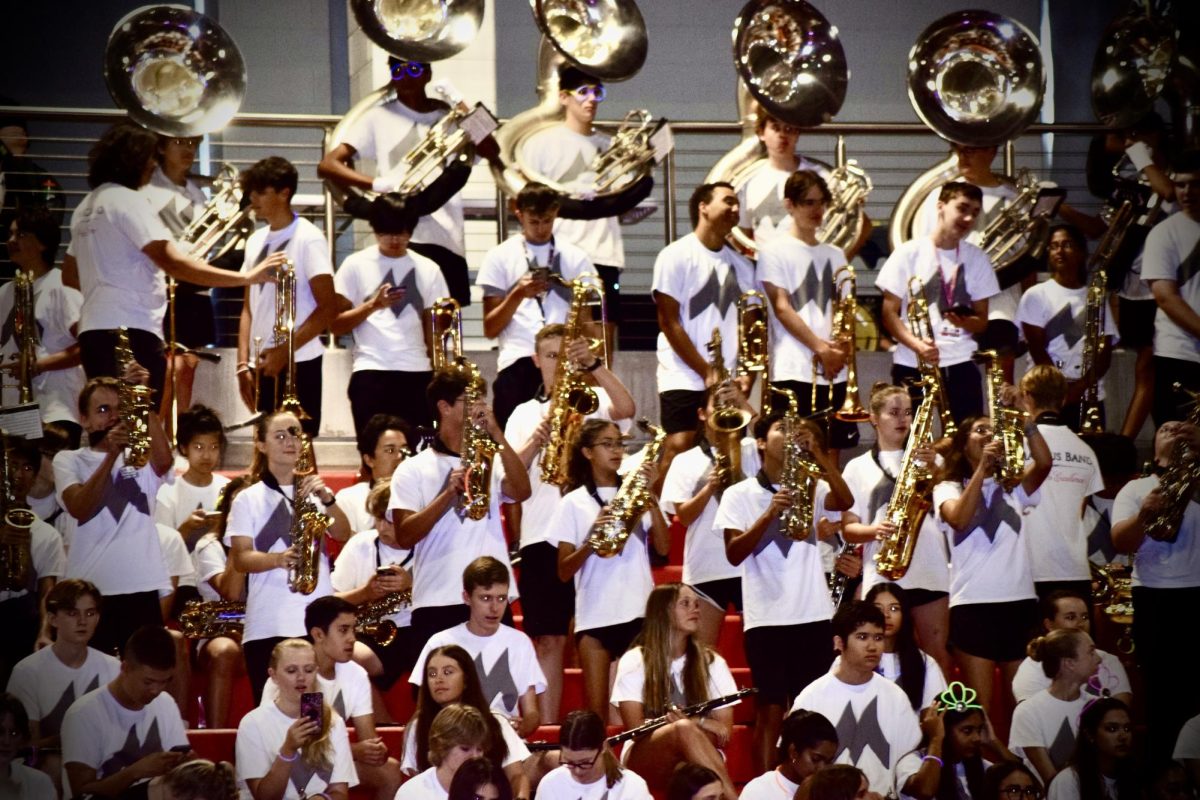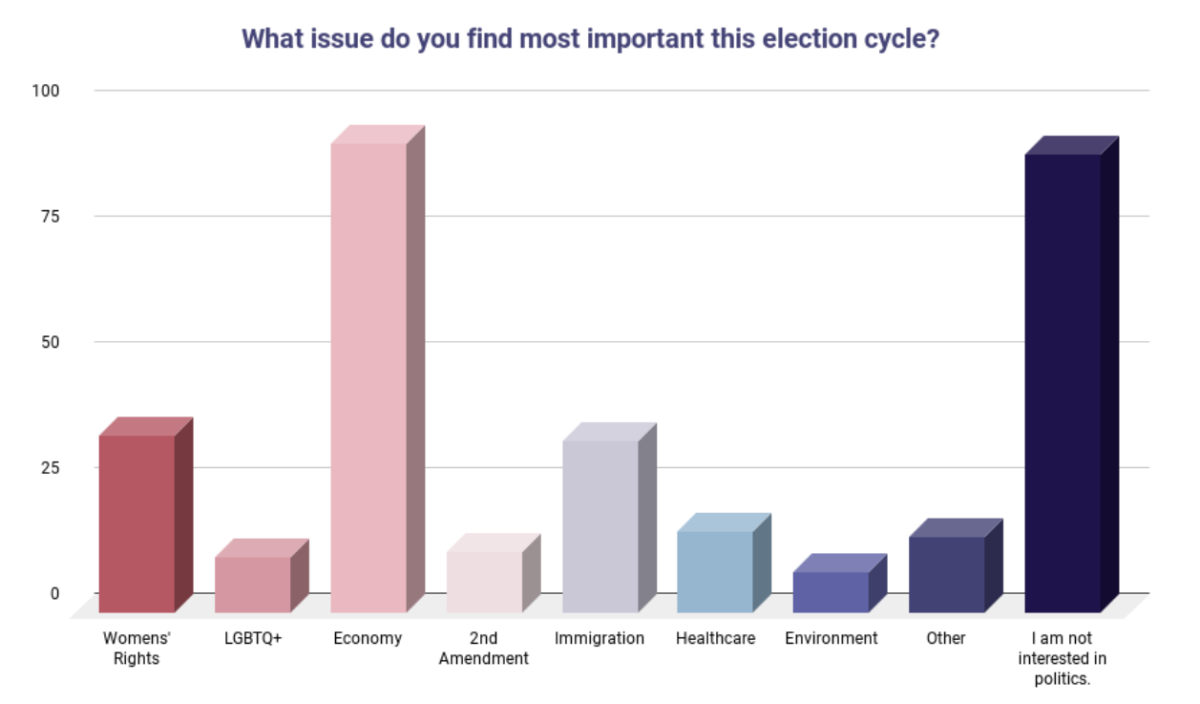Recently, there has been a growth in the number of films and television shows that highlight real problems teenagers are facing today. Programs like Riverdale and Mean Girls tend to portray teens in a more stereotypical and shallow light, but several films have come out in recent years that showcase real teen struggles.
In 2012, a film adaptation of Stephen Chbosky’s The Perks of Being a Wallflower starring Logan Lerman and Emma Watson was released. The book was praised by critics and readers for its realism. The story deals with characters struggling with mental illness, learning to embrace their sexuality and the stress of going into freshman year of high school with no friends. The film met similar praise from fans who enjoyed having a film to relate to in a society in which their voices are often not heard. Viewers related to the character’s struggles with various issues that are rarely explored in teen films.
On the other hand, Netflix original teen movie, the Kissing Booth, relies solely on the use of teen stereotypes: the bad boy older brother, the insecure and awkward girl and the goofy best friend. Shows like this keep teenagers in a box and don’t portray them as real people with flaws and issues. Another Netflix series, Insatiable, revolves around the “fat girl turned hot overnight” storyline. This narrative, once popular and common, presents an unhealthy narrative. It tells people that teenagers only worry about trivial things, like appearances.
While stories like The Kissing Booth do offer an escape from reality for many young adults, it is important to keep teenagers realistic instead of perpetuating stereotypical versions of them.
Today, representation is a big factor in the film and television industry, especially when it comes to race, sexuality and gender. These are all factors that contribute to the overall relatability of a movie or television show, so it makes sense that films like Love, Simon and Ladybird have gotten much acclaim from teens. By focusing on these problems, movies and T.V. shows are able to appeal to a wider audience of viewers that are not represented in the overused storylines.
Now, when a movie has this kind of representation, teens and young adult rally behind the film to show their support for these kinds of films. Love, Simon was the first major studio teen film to have a gay character as the lead, and the LGBT+ community largely supported the film.
It’s important for Hollywood to keep making these movies in order to accurately portray underrepresented people in mainstream media. This gives a smaller demographic of teenagers a voice in a world where they often feel like they don’t have one. These films let people know that they aren’t alone, and someone thinks their story is worth telling.








